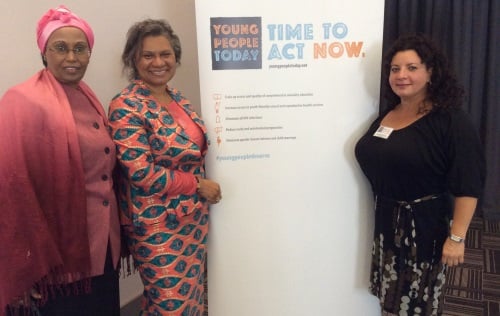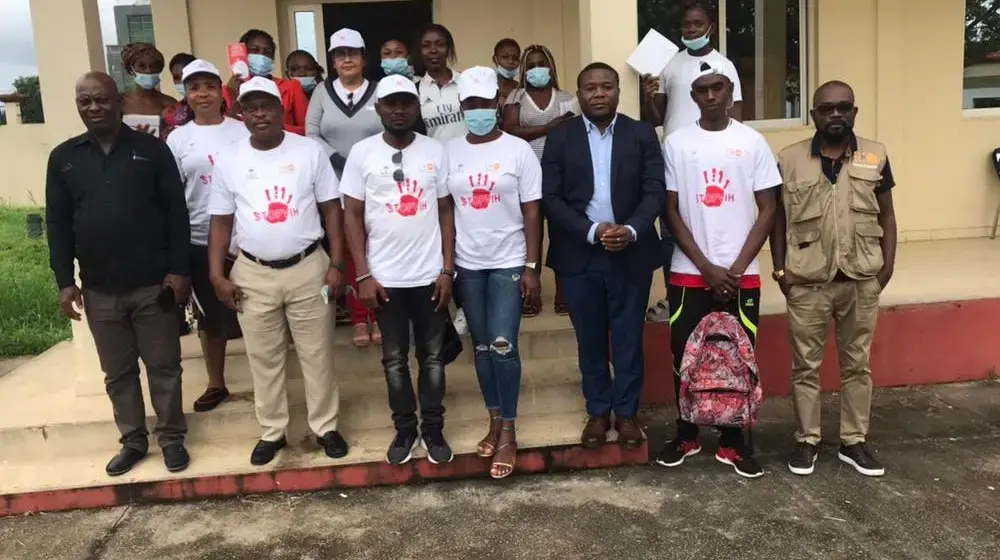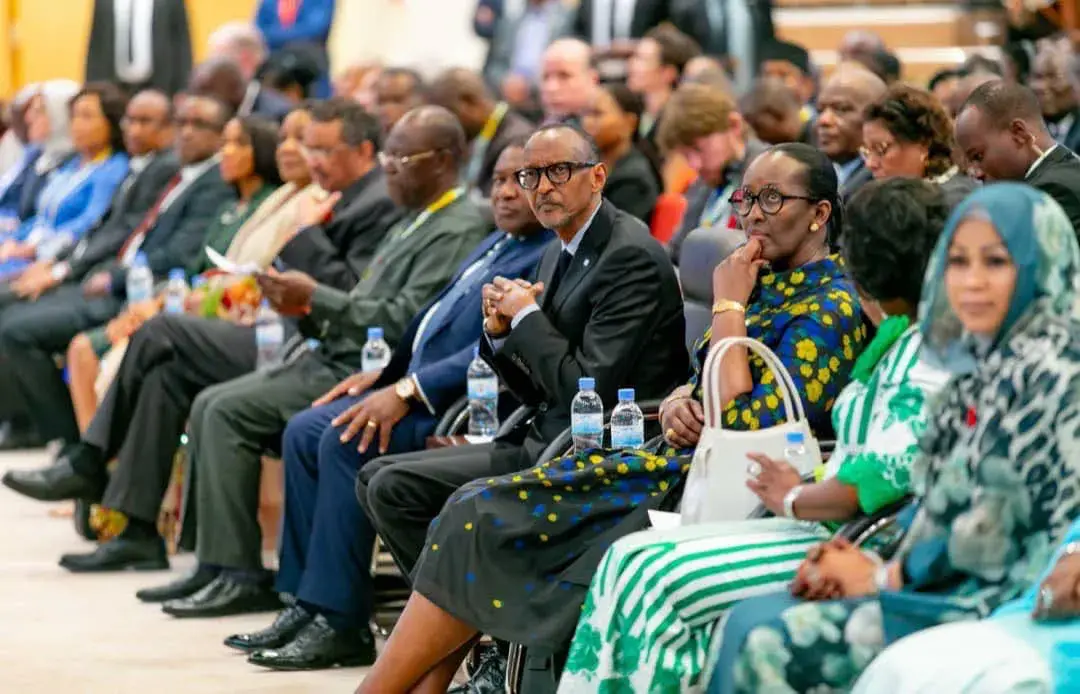Bangui, Central African Republic (CAR) – Within the framework of its response to the humanitarian crisis in the country, the UNFPA, United Nations Population Fund, is closely working with thirty local artists including musicians, rappers, poets and actors who are sensitizing people, in particular youths, in the crisis-stricken country on HIV/AIDS and STIs and also are conveying messages of peace to promote social cohesion through their various trades.
The Fund held in December a four-day workshop whose main goal was to better equip the artists in sensitizing the public on HIV/STIs, and allow them to become new ambassadors of UNFPA “Adolescents Programme” through which it will accompany them to organize a series of sensitization workshops and concerts in IDP sites in Bangui, the capital. These concerts and workshops will be extended, once security allows, to Bégoua 17km from the capital and Bimbo, 25 km south-west of the capital.
These opinion leaders will participate in these activities for youths to embrace responsible behaviour and win over more than 200,000 youths for the UNFPA anti-violence programme.
Each of the artists is expected to compose a song about peace and social cohesion in three languages (Sangho vehicular language, French and English). The songs will be compiled in a CD with the support of UNFPA.
Contributing to enable youths fulfil their potentials is part of UNFPA’s mandate, thus the organisation’s focus on them as many that have taken up arms in the country are part of this segment of the society.
As a reminder, the organisation had held sensitisation on responsible parenthood for youths in collaboration with religious and community leaders. Such programmes will continue at youth and adolescents’ spaces that UNFPA set up to promote social cohesion and patch up the riftin the CAR social fabric .
UNFPA humanitarian response in CAR

After the United Nations declared the situation in CAR a level three crisis, the Humanitarian Country Team developed in December a 100-day Strategic Response Plan based on different plans of action of clusters.
The UN organisation has signed partnership agreements with 20 non-governmental organizations (NGOs) to implement its response programme, provide adequate and effective assistance to populations in need.
UNFPA interventions in CAR targets women of childbearing age, nursing mothers, pregnant women, young people and adolescents, and the survivor (s) of gender-based violence, living in the IDP sites and host communities.





